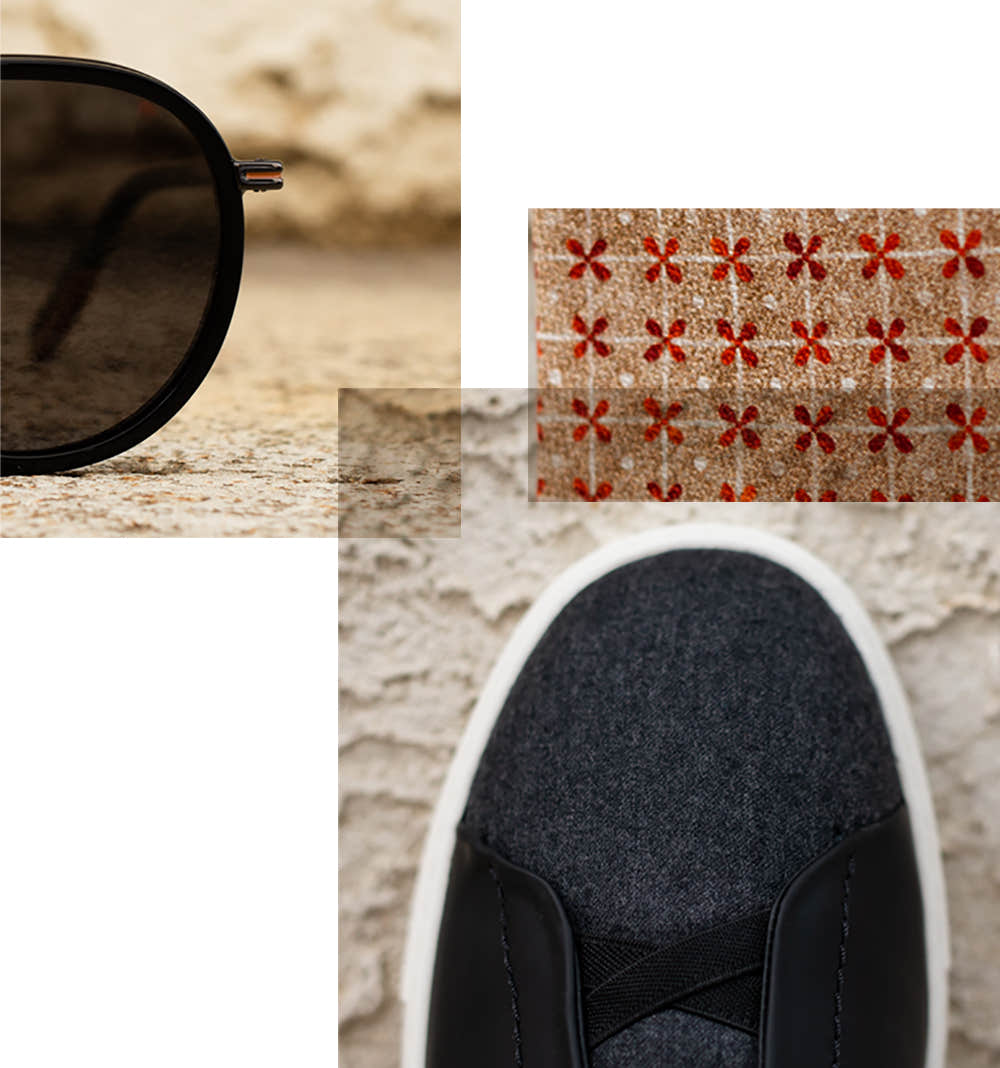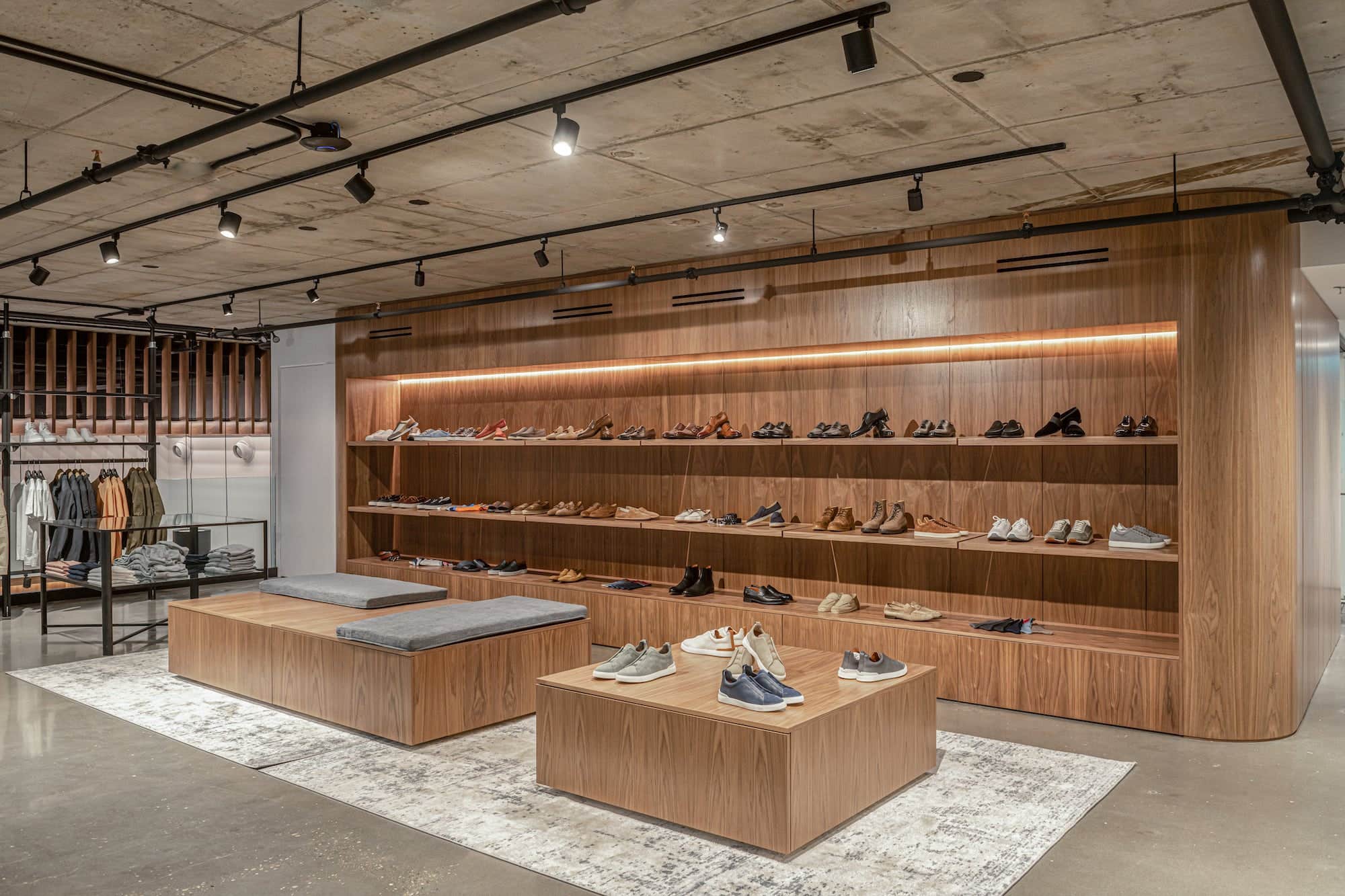
What does the future hold for the fashion industry?
It’s not uncommon to encounter pessimistic attitudes about the future of fashion. The year has been perceived as being a net-negative by a lot of industry insiders, and certainly, for many, 2020 has been devastating. But we think there are some exciting opportunities ahead.
Excuse the metaphor, but sometimes, when things burn to the ground, they make way for greener pastures. We believe that the dramatic shifts we’ve seen this year have laid the foundation for an incredibly interesting future for the fashion industry. Here’s what we expect to see.
1. A Culture of Creativity
 Post-depression era fashion
Post-depression era fashion
Some of the most interesting moments in fashion have happened during turbulent times. The Great Depression spurred a fashion movement that was born out of both necessity and escapism as lifestyles shifted. Fashion Week itself exists because of a need to keep the industry alive during the Second World War. Creativity is the key to driving things forward, and in an environment where everything has been uprooted, new growth is on the horizon.
Massive fashion conglomerates that were growing over the last couple decades had a hard time weathering the COVID storm. As the bigger brands struggle to stay afloat, pockets of opportunity open up for smaller designers.
Thinking beyond the catwalk
Everything the big brands have built their empires on is being challenged. The idea of “seasons” in fashion are shifting, production has to be scaled back, and the typical methods of stirring up publicity are no longer possible, like star-studded launch parties or extravagant fashion shows.
The fashion foundation is cracking, but the small, independent designers were never beholden to that foundation in the first place. They weren’t part of the big fashion shows, they didn’t have celebrities wearing their clothes, they didn’t have massive ad budgets. Creativity is in their DNA by necessity; they have always had to think outside the box if they wanted to draw a crowd. Now that the playing field has been levelled a bit, they’ll have a better chance of breaking through.
Reinventing personal style
We aren’t experts in psychology, but we do know that as a whole, people tend to be more flexible and open to new ideas when a crisis occurs. Now, as lifestyles are undergoing a dramatic transformation like they did during the great depression, people have been primed to explore new approaches to fashion, as well.
Smaller brands now have the chance to present ideas that were not originally perceived as mainstream or commercial, and we are more willing to embrace those ideas.
Who will lead the charge?
 Richard Gere in American Gigolo
Richard Gere in American Gigolo
In the midst of the 1980s recession, Giorgio Armani solidified the power suit movement by ripping the guts out of a men’s suit and putting it on a woman, altering women’s fashion for the foreseeable future. This, and his work designing the costumes for films like American Gigolo, helped solidify him as a defining designer for an entire generation.
We expect to see a new fashion icon emerge soon--someone who 20- and 30-year olds today will still be influenced by when they’re in their 60s.
What will it look like?
In terms of what specifically we expect to see, we’re anticipating an infusion of colour and a broader cultural influence over North American style. Japanese and Chinese street style has started to seep into the fashion scene here, and we expect to see more from African designers soon, too.
2. A Focus on Ethics
Ethical, sustainable fashion isn’t a new concept, but now it’s nearly impossible to ignore. Consumer attitudes are changing, people are paying more attention, and they aren't tolerating bad behaviour. We might go so far as to say that “ethics” is the fashion zeitgeist of 2020.
We anticipate that the brands that succeed will take ethics seriously, and that people will be willing to adapt to what that realistically means as a consumer.
Buying less, but more thoughtfully
We think that as consumers become more dialled into how their clothing is made, those who are able will begin to care less about quantity and more about quality, and they’ll be willing to make some sacrifices for it. We can see this already, with younger generations desiring a smaller but higher quality lifestyle: better food, better experiences, and now, better clothing, even if it means they own less.
Investments in technology

As purchasing patterns change due to the demand for ethical production, fashion brands will have no choice but to adapt. But it’s not an easy or cheap transition. We expect to see a considerable investment into technology, with the intention to produce things that are environmentally conscious and of higher quality for a more affordable price.
This also applies to the fabric mills and production houses that fashion brands work with. The need for consumers to connect with businesses on a personal, value-based level is critical, and those values will need to be present throughout the entire chain of production. We think these will be the successful brands, even if it means that their prices have to rise a bit or that their margins have to shrink.
3. No More Faking It
In this age of transparency and communication, we think it’s going to be hard for brands to pretend that they are something when they aren’t walking the walk. That goes for sustainability, style, diversity, scale, and brand ethos in general.
People are doing their research and asking bigger questions, and they're increasingly calling out the brands that aren’t doing what they say they are. You can see this in how the public reacts to brands that make bold political statements without addressing their own ongoing failings, like exploitative labour practices.
Beyond movements and moments, a brand’s purpose and direction will need to be authentic to the core. We don't think that a streetwear brand run by stuffy old men in outdated suits will be able to maintain relevance for long. You won't be able to pretend your way into prominence anymore.
--
Overall, we think the future of fashion is going to be more organic, harder to fake, and generally more interesting. We’re excited to see where this industry ends up.

